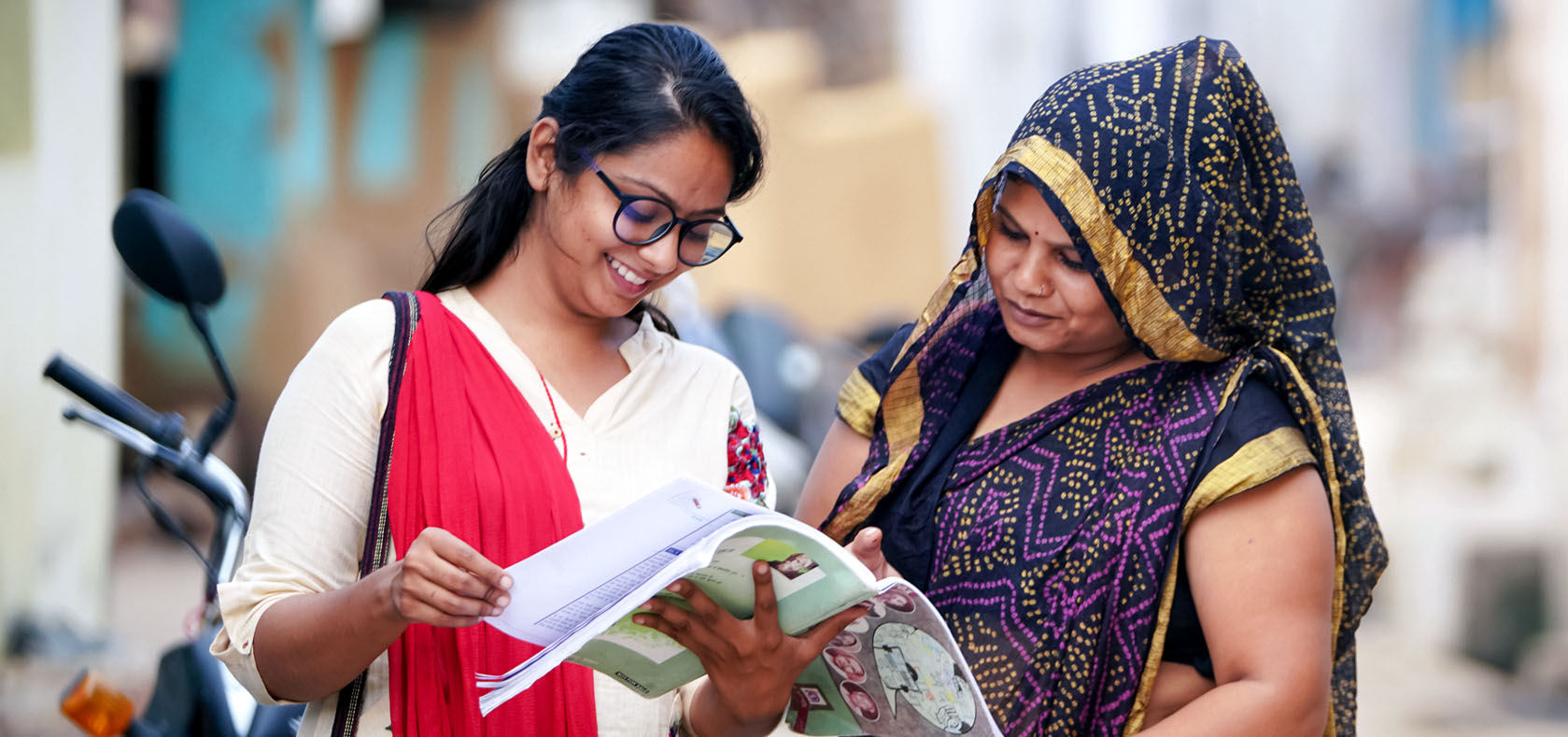Interesting Facts About Women’s Education in India

In India, girls have obstacles to schooling that boys do not. However, we are aware that educating girls may end poverty cycles. These figures highlight the pressing need for action to improve the future for girls and shed light on some of the obstacles that Indian girls currently face.

Educating women in a country is directly proportionate to the economic prosperity of the country. Women who have more education are better able to run their homes and money. In India, female education is crucial for several reasons.
-
Fundamental rights- Educating women in a country is directly proportionate to the economic prosperity of the country. Women who have more education are better able to run their homes and money.
-
Equality - Women's education promotes equality in society. Biases are ingrained from an early age when a guy is sent to school instead of his sister. These disparities at this young age are frequently the source of the superiority complex that many boys and men harbor.
-
Empowerment and Independence - Only with education can women feel strong and self-assured. They can acquire the necessary abilities to support themselves. They become more self-sufficient and capable of taking care of themselves without the help of a guy as a result.
Education Status
The percentage of female literacy in India is 70.3%. This stands in stark contrast to the 84.7% of educated men in the population. However, because each state has its own unique set of social and cultural norms, this percentage varies depending on the state. Kerala has the highest percentage of female literacy (95.2%). Rajasthan has the lowest percentage of literate women (576.6%).
Benefits of Women’s Education
Education for women has numerous advantages. Women and girls must have an education to improve society and the country as a whole.
-
A woman with greater education is better equipped to take care of her physical and emotional well-being, which in turn makes her a better carer for her family. If given the chance, she can succeed in her career as well.
-
Raising the age of marriage and childbearing correlates with women's education. Women who receive the right education can use family planning to help limit the population.
-
The advancement of women's skill sets across a range of industries will benefit a community or country that values and treats women equally. When given the chance, women may succeed in a wide range of disciplines. Consequently, this will help in economic growth.



